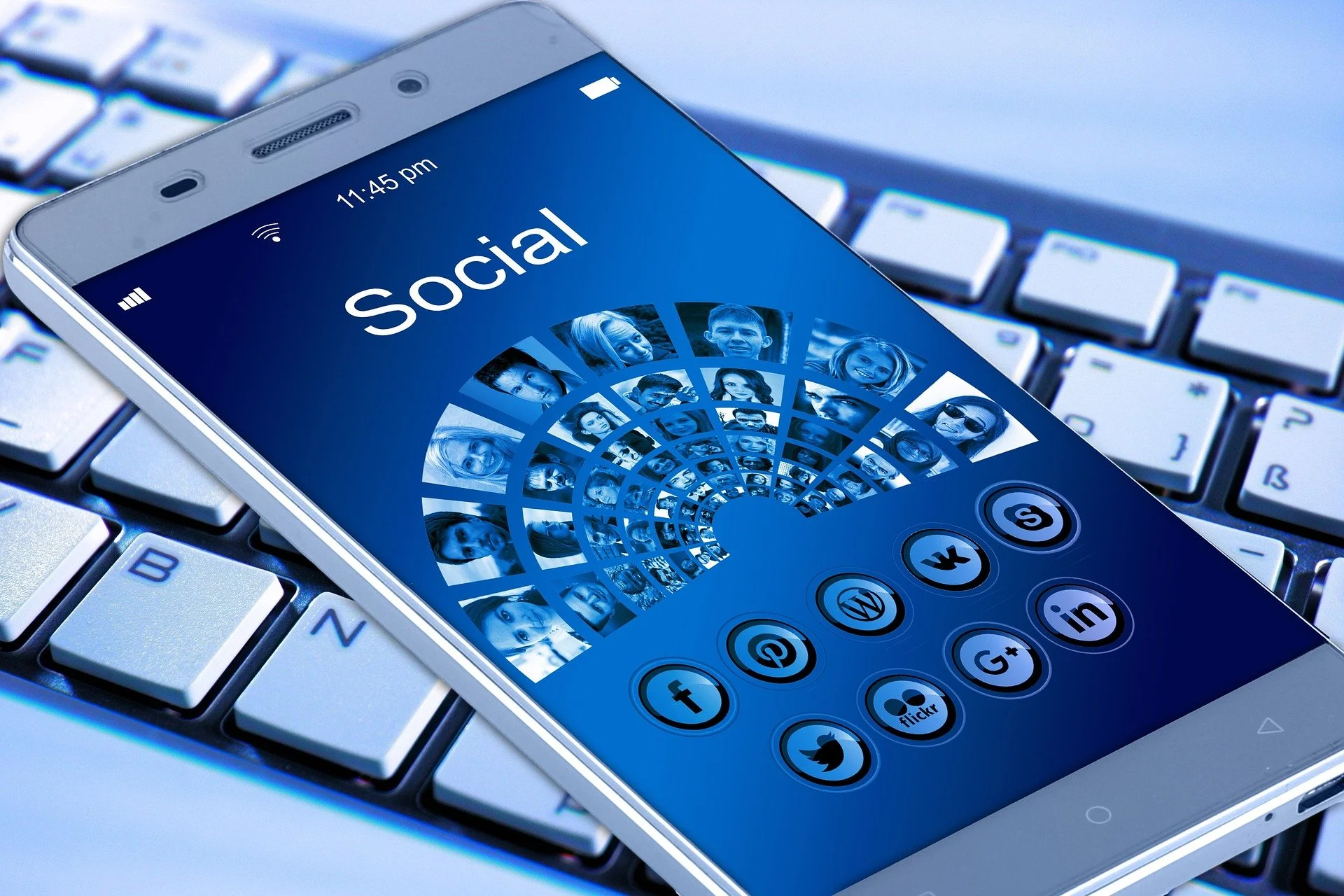Social Media Use & Attachment Style
There has been an increase in research over the past few years about social media use and its impact on our mental health. Although many studies point to potential harm to self-esteem, the research also points to potential benefits like decreased feelings of loneliness and isolation. Ultimately, whether or not social media benefits you may come down to who you are, how you use it, and what you are hoping to get from it - which has a great deal to do with your "attachment style."
Attachment style refers to the way we feel safety in relationship to others and was learned when we were very young and needed to attach to our caregivers. If our needs were met, we learned it was safe to give and receive love and we developed a secure attachment style.
If we grew up, however, feeling unsure of when our needs would be met (even if we don't remember - this starts as soon as we are born), we most likely developed an anxious attachment style. As adults, we may worry that friends/partners will leave or worry that they won't love us back enough, so we may turn to social media for attention, validation, and belonging. We may even feel like we crave social media or feel antsy wondering when and how people will respond to our posts.
In this case, it may be helpful to start a journal of some kind (audio, written, video) so that we can start to really notice how much time we are spending online. This could be great first step to understanding how and why we're using it, and make goals for future use so that we can receive more of the benefits and fewer of the negatives. We would also benefit from increasing connection in real life (“IRL”), like texting friends, volunteering or joining groups/clubs. Working on real world ways to decrease our anxiety (self-care, movement, playing with pets, listening to music, meditating or whatever works for you) would also be a great way for us to get our needs met, so that social media could be beneficial and supportive, rather than leaving us unfulfilled.
On the other hand, if our needs were simply not met growing up, we learned that we had to take care of ourselves and most likely developed an avoidant attachment style. Those of us with this style create distance in our relationships as adults to avoid getting too emotionally close to other people. Deep down, we might not trust others or believe that they will care enough to meet our needs. Although that may have taught us to be independent, it also means we may lack emotional intimacy in our lives. We are more likely to spend very little time on social media, and when we do, we may interact in a one-sided way (just scrolling, not posting much or reaching out to friends.) One study found that those of us with this type of attachment might be purposefully choosing to use social media in ways that eliminate the chance for deep connections, like posting to celebrity accounts, knowing they will not respond.
In this case, it may be helpful to pay attention to the specific ways we are engaging in social media, the accounts we reach out to or the type of posts we write. Have we used it at all to connect with loved ones or reestablish old friendships? It is important to remember that social media does offer us opportunities to connect with others, even to safely test out how it might feel to engage in more intimate connection. This could be a good opportunity to push ourselves a little outside our comfort zones to find and connect with others who share interests, background or feelings, and could be the start of healthy, uplifting relationships.
No matter what your style, it's a good idea to pay attention to the times when social media feels good and meets a need (to laugh, to connect, to learn) and when we may need to step away (comparing ourselves to unrealistic images, losing track of time, feeling deflated after use.) By noticing, we can then feel empowered to make decisions on how to get the most out of social media and its ability to help us feel connected, buoyed and supported.

